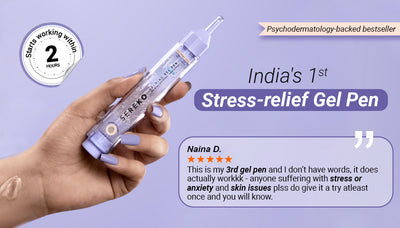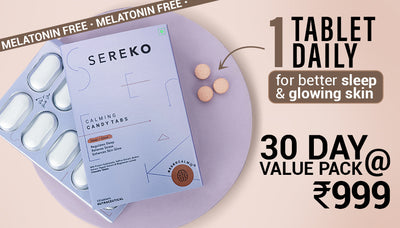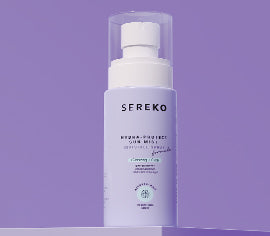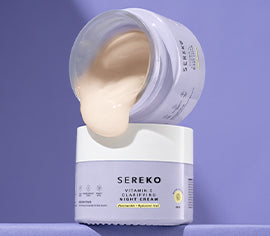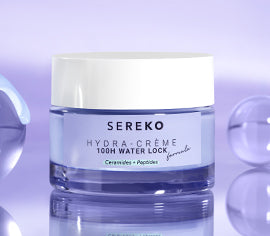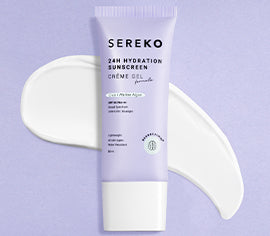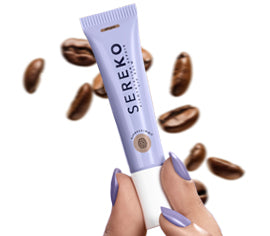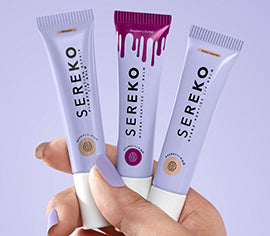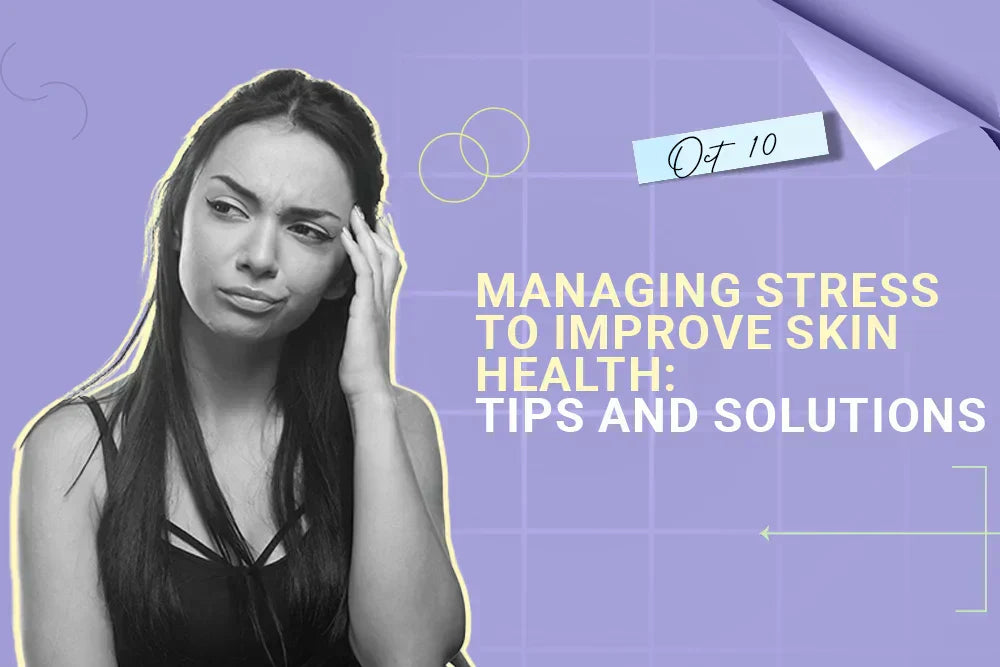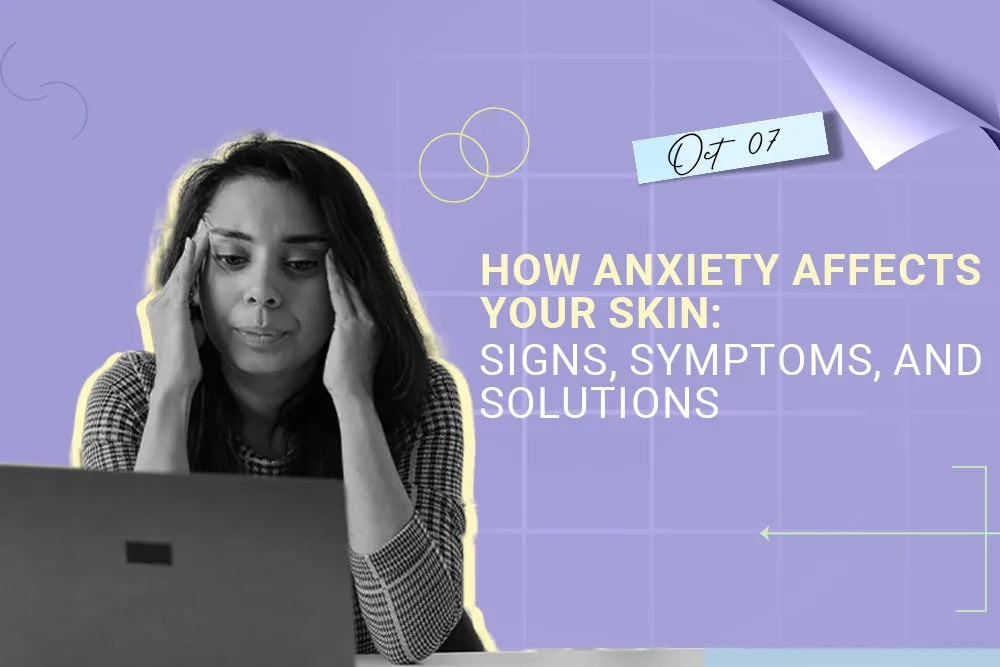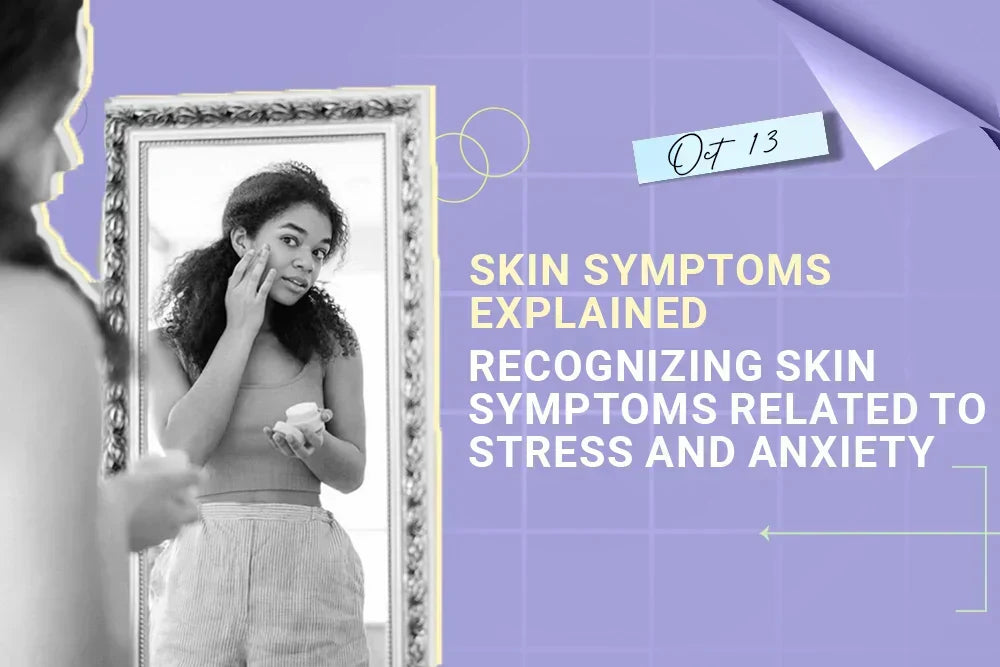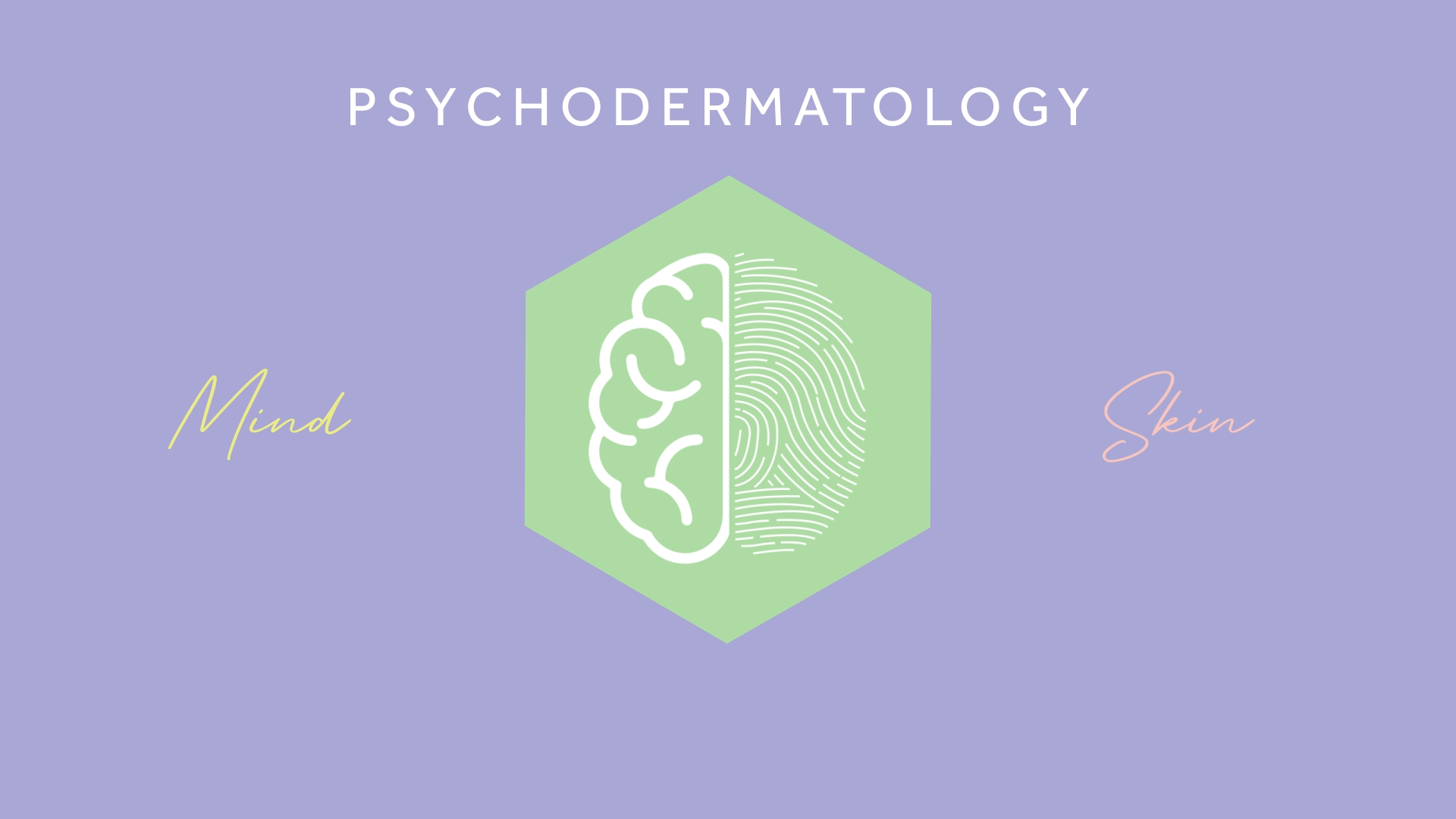Your Skin Knows When You’re Not Okay
Ever looked in the mirror after a long, draining week and thought—why do I look so tired? Not just tired-tired, but pale, uneven, somehow older overnight. That’s not your imagination. That’s stress, showing up uninvited.
When we’re stressed, the body releases cortisol, a hormone that helps us push through—but at a cost. Cortisol tells your oil glands to go into overdrive, slows down cell turnover, and even weakens your skin barrier. What you see outside—breakouts, dullness, irritation—is just your body whispering: slow down.
The Skin-Mind Tug of War
Your skin listens. To your emotions, your sleep, your late-night overthinking. Science calls it the brain-skin connection. We call it living proof that your mood doesn’t end in your mind—it travels.
When your mental health dips, circulation slows, inflammation rises, and your glow quietly dims. Stress acne. Sensitive patches. That inexplicable “winged” skin look—when everything feels a little tired and loose. It’s not vanity. It’s biology meeting emotion.
“I Tried Everything for My Acne… Except Relaxing”
One woman once told us this during a SEREKO skin workshop, and it landed like truth. We chase serums, peels, and treatments, but rarely look at the one thing constantly inflaming our skin: stress.
If your skin has been rebelling lately, maybe it’s not asking for another active—it’s asking for calm.
Small Shifts. Big Skin Energy.
1. Breathe Before You Break Out
Five minutes of mindful breathing each morning can lower cortisol and oxygenate your skin. It’s free. It’s quiet. And it’s way more powerful than you think.
2. Sleep Like It’s Skincare
Forget 10-step routines—sleep is your skin’s original reset button. During deep rest, your body repairs collagen, balances oil, and restores tone. Miss out, and your glow pays for it.
3. Soothe the Stress You Can See
When the flare-up hits—those angry little bumps or flushed patches—don’t panic. Reach for something calming, light, and intentional.
 Think of it as your pocket-sized peacekeeper. Cooling, hydrating, and designed to calm skin that’s reacting to your mood more than your moisturizer. It’s your mid-day rescue when life (and your skin) feel heated.
Think of it as your pocket-sized peacekeeper. Cooling, hydrating, and designed to calm skin that’s reacting to your mood more than your moisturizer. It’s your mid-day rescue when life (and your skin) feel heated.
4. Move Your Energy
Movement isn’t about burning calories—it’s about burning anxiety. A walk, a stretch, a dance in your kitchen. Every heartbeat improves blood flow, which means more oxygen, less stagnation, more glow.
5. Rebrand “Stress Management” as “Glow Protection”
Because you won’t always meditate at sunrise—but you will protect your glow. Whether it’s journaling, splashing cold water on your face, or saying no more often, your skin notices the effort.
Your Skin Isn’t the Problem—It’s the Messenger
When it breaks out, dulls down, or flushes up, it’s not betraying you. It’s trying to tell you that your inside world is running hot.
The truth is, glowing skin has never just been about what you put on it—it’s about what you let off your mind.
So yes, stress really does affect skin glow. But the fix isn’t perfection—it’s peace.
Mind-first. Skin-always.
That’s not a slogan. It’s a lifestyle.
— SEREKO 🌿
Q) How does stress affect skin health?
Ans. When experiencing stress, your body releases the stress hormone, cortisol, which instructs your oil glands to make extra sebum. More oil typically means a greater risk of clogged pores and breakouts of the skin. Meanwhile, stress will lead your skin to take longer to heal and compromise the skin barrier, producing dryness, dullness, or irritation. Put simply, when your mind feels like it is on fire, your skin feels it too.
Q) Can reducing stress really improve my skin?
Ans. Absolutely. The moment your cortisol levels begin to balance, your skin starts functioning like it’s meant to—calmer, clearer, more even-toned. People often underestimate how much emotional rest can transform physical skin texture. Think of stress reduction as skincare from the inside out—it’s not a luxury; it’s strategy.
Q) Does meditation help with skin issues caused by stress?
Ans. Yes—and not just metaphorically. Meditation reduces stress hormones, improves blood circulation, and enhances oxygen flow to your skin. Over time, it supports your barrier function and even reduces inflammatory skin responses linked to acne and redness. Five minutes of calm can do what hours of skincare sometimes can’t.
Q) Can skincare alone fix stress-related skin problems?
Ans. Not entirely. Skincare can soothe, support, and strengthen—but it can’t silence the root cause if that cause is emotional overload. Pair your products with habits that calm your mind. For example, using the SEREKO Calming Gel Pen during tense moments doesn’t just cool your skin—it can anchor you back into mindfulness. The real glow comes from the partnership between your products and your peace.
